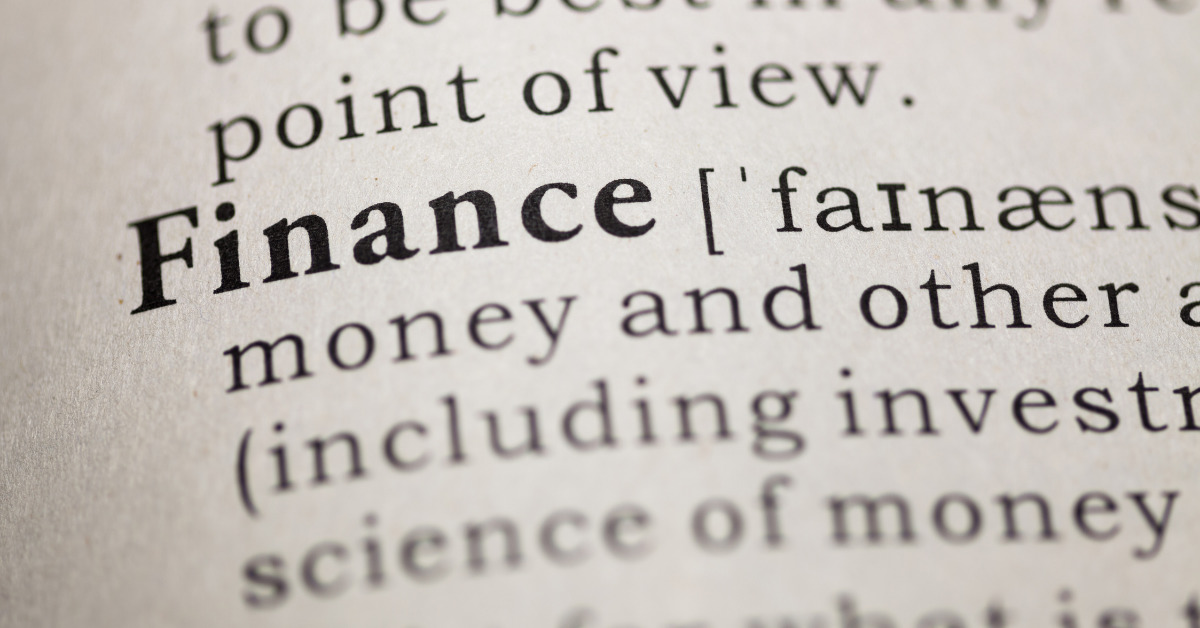The world of personal finance is filled with myths, legends, and the kind of “advice” you’d expect from your crazy uncle who once invested in Beanie Babies. Here are just a few of the many that we’ve heard over the years:
Myth #1: “Credit cards are evil.”
Reality: Credit cards aren’t evil. The key is to use them responsibly and take advantage of their rewards. Don’t spend like you’re part of the royal family, and make sure you pay your balance in full.
Myth #2: “Investing is just like gambling.”
Reality: No, investing is strategic risk management. Gambling is what you do when you convince yourself you know how roulette works after two martinis. When you invest, you’re owning a piece of a company. When you gamble, you’re betting your mortgage on a horse named “Going 4 Broke”. See the difference?
Myth #3: “You need to be rich to start investing.”
Reality: If you have $5, you can invest. That’s less than a gallon of gas in California. It’s never been easier to start investing. Start small, stay consistent, and let growth and compound interest do the heavy lifting.
Myth #4: “I’ll just work forever.”
Reality: Bold plan. But what if your body has other ideas? Working forever isn’t a retirement plan — it’s a gamble wrapped in denial. Save now, so you don’t have to deliver pizzas at 82 just to afford arthritis cream.
Myth #5: “I don’t need an emergency fund because I have a credit card.”
Reality: Credit cards are a tool, not a safety net. An emergency fund is for real surprises — like job loss, medical bills, or your car dying right after the warranty expires. Aim for 3–6 months of living expenses.
Myth #6: “I’m too young to worry about retirement.”
Reality: You’re also too young to have back pain, but here we are. The earlier you invest, the less you have to save later. And if you start young, you can afford to weather more market storms.
Myth #7: “If I make more money, all my financial problems will go away.”
Reality: Lifestyle Creep is a real thing. Suddenly you’re making six figures and wondering how you still can’t afford a trip to Target. More income doesn’t mean better money habits. If you can’t manage $40K, $140K won’t save you — it’ll just give you more to mismanage.
Myth #8: “My partner handles all the money, so I don’t need to worry.”
Reality: Love is beautiful, but financial ignorance is a romantic comedy that ends in bankruptcy. You need to know what’s going on with your money! Don’t be the one who’s surprised by a second mortgage and a secret motorcycle.
Final Thoughts:
Financial myths are everywhere — passed down from well-meaning friends, “Fin-fluencers,” and that guy in your office who keeps quoting Warren Buffett, but lives paycheck to paycheck.Don’t fall for the myths, learn the basics, trust the math, and don’t be afraid to contact us if you have any questions!



